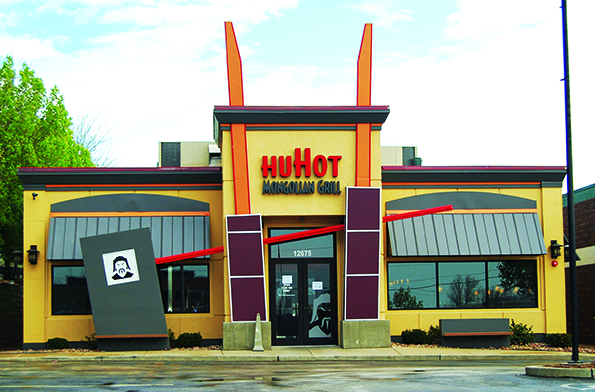 This post is part of the On the Margin blog.
This post is part of the On the Margin blog.
Sun Capital Partners Inc. has bought and sold its share of franchisors over the years. But maybe its most interesting deal came in February, when the private-equity group announced plans to buy a franchisee.
That franchisee, CCW LLC, is the largest operator in the HuHot Mongolian Grill system, though with just 21 total locations it remains relatively small in a world increasingly loaded with companies that count their units in the hundreds.
The Sun Capital-CCW deal illustrates perfectly the growing demand by private- equity groups in the franchisee space.
Franchisees are not valued as highly as franchisors, something that hasn’t changed in recent years even amid growing prices for franchisees of certain brands in certain markets.
Franchisees don’t control their brand and are thus beholden to a separate company to a certain extent for the direction of their sales. They are not as profitable because they have high capital costs and pay a certain percentage of revenues to that franchisor, off the top.
For all of those reasons, private-equity groups a decade ago avoided franchisees. But that has changed in recent years, as investors have discovered the benefits of buying these companies.
What franchisees lack in absolute value, they make up for in cash generation. Because they operate a lot of restaurants, franchisees make a lot of cash that can be sent to owners in the form of dividends or management fees.
In recent years, they’ve also demonstrated an ability to grow at rates that rival many brands. Large-scale franchisees in recent years have been able to aggressively acquire locations, funded with readily available, low-cost debt. That kind of growth makes private-equity investors happy.
 What’s more, franchisees can be a low-risk investment when done right. Private-equity groups are buying franchisees that control markets, which enables them to control local marketing and avoid losing reputation from the poorly-run mom-and-pop down the street.
What’s more, franchisees can be a low-risk investment when done right. Private-equity groups are buying franchisees that control markets, which enables them to control local marketing and avoid losing reputation from the poorly-run mom-and-pop down the street.
Franchisees also tend to buy well-known brands that have been around the block for a while, such as Burger King, Taco Bell and KFC. That’s where this deal differs.
HuHot is a small, regional, 56-unit Mongolian grill concept based in Missoula, Mont., that is little known outside the Midwest and western states. And as such a small brand, expansion opportunities for CCW would appear limited, at least within that single brand.
But private-equity groups have been expanding their search for franchisee acquisitions, targeting franchisees of smaller, lesser-known brands so long as those operators fit their criteria.
In this case, Sun Capital was interested in CCW’s management team and the business that it created, while seeing plenty of expansion potential.
“CCW has built a strong business on a unique concept and we’re excited to partner with this experienced management team to build on their tremendous success,” Marc Leder, Sun Capital’s Co-CEO, said in a statement.
Indeed, it appears that Sun wants to use that management and the structure CCW created on other brands. “We see significant opportunity for CCW to expand with the HuHot brand and beyond,” Sun Capital Managing Director Anthony Polazzi said in a release. He noted that they are exploring partnerships with fast-casual franchisors to expand the franchisee’s reach.
Contact Jonathan Maze at [email protected]
Follow him on Twitter at @jonathanmaze
Correction, Feb. 19, 2016: An earlier version of this post misspelled Marc Leder’s first name.

